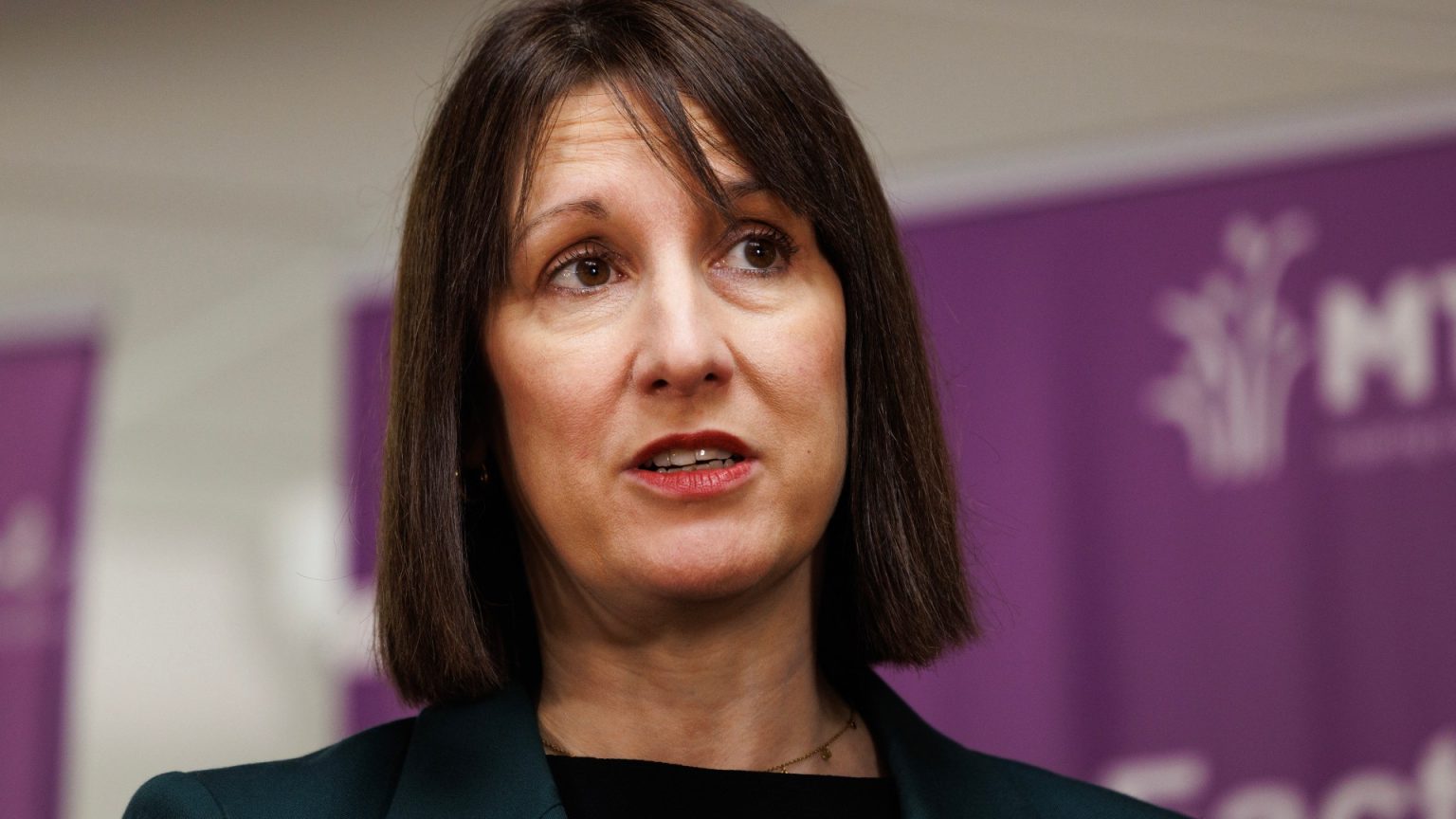Paragraph 1: Market Turmoil and Political Fallout
Chancellor Rachel Reeves faces intense scrutiny following a period of significant market volatility that sent UK borrowing costs soaring to 27-year highs and the pound plummeting to its lowest level since 2023. This economic turbulence coincided with Reeves’ trip to China, drawing criticism from the Conservative opposition who accused her of "fleeing" the crisis. Adding fuel to the fire, Labour leader Sir Keir Starmer initially dodged questions about Reeves’ long-term future as Chancellor, prompting Downing Street to issue a statement confirming her position for the remainder of Parliament.
Paragraph 2: Reeves’ China Trip and Economic Challenges
While in China, Reeves announced securing £600 million in trade deals over five years. However, her return was met with continued criticism regarding her absence during the market turmoil. The Liberal Democrats urged her to focus on developing a "plan B" to address the economic instability, while former shadow chancellor John McDonnell warned that spending cuts to balance the books would be "politically suicidal" and could drive voters towards the Reform party. He advocated for the government to withstand the market pressures and undertake a comprehensive review of its economic strategy, potentially involving Bank of England intervention.
Paragraph 3: Labour’s Fiscal Tightrope
Labour’s pre-election pledge not to raise taxes on "working people," including income tax, VAT, and national insurance, restricts Reeves’ options for addressing the rising cost of government borrowing. Sir Keir Starmer emphasized the government’s commitment to its "fiscal rules," which require day-to-day spending to be funded by revenues rather than borrowing. However, the increasing cost of borrowing diminishes available funds, potentially forcing Reeves to either cut spending or increase taxes when the Budget watchdog provides its updated forecast in March.
Paragraph 4: Balancing Act and Political Pressure
The Prime Minister pledged a "ruthless" approach to public spending, with Downing Street indicating that "nothing is off the table" as departments consider potential cuts. Security Minister Dan Jarvis defended Reeves, emphasizing the challenging economic climate inherited from the previous government and highlighting her efforts to promote economic growth. However, Shadow Treasury Minister Gareth Davies countered that the previous Conservative government had not left a dire economic situation and argued that Reeves’ autumn budget had worsened matters. He urged her to take immediate action to calm market anxieties.
Paragraph 5: Market Stabilization and Uncertainty
The markets offered some respite on Tuesday morning as the pound recovered from its 14-month lows and UK government bonds regained some ground after a recent sell-off. Sterling held steady at 1.22 US dollars, and yields on 10-year UK government bonds decreased, signaling a potential stabilization of market confidence. However, the recent volatility in yields, which move inversely to bond prices, underscores the lingering uncertainty surrounding the UK’s economic outlook. High yields reflect investor reluctance to hold UK debt, indicating ongoing concerns about the government’s fiscal position.
Paragraph 6: The Chancellor’s Dilemma
Reeves’ challenge is to navigate the current economic turbulence while adhering to Labour’s pre-election promises. The rising cost of borrowing limits her fiscal maneuverability, creating a difficult balancing act between maintaining fiscal discipline and supporting economic growth. The market’s reaction to her actions will be crucial in determining the UK’s economic trajectory. She must convince investors that her plans are credible and sustainable to restore market confidence and avoid further volatility. The upcoming Budget watchdog forecast in March will be a pivotal moment, providing a clearer picture of the government’s fiscal position and potentially forcing difficult decisions regarding spending cuts or tax increases.











